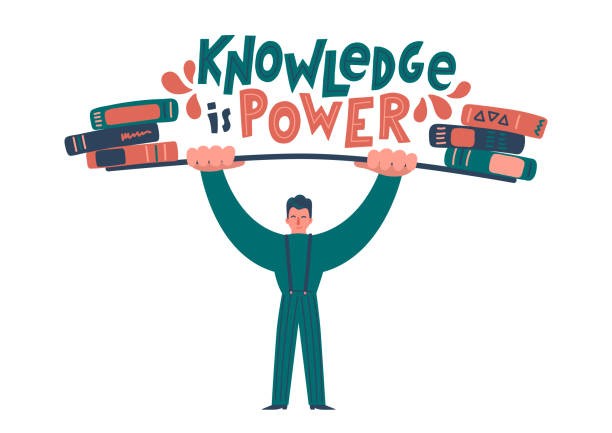Ambitious and powerful vocabulary
My commitment to exposing pupils to ambitious and powerful vocabulary, the vocabulary of the subject, remains unabated. Although there is a story to be told before “free” reading, I pick up the baton just after the “early stages of reading,” with my professional focus on the shift towards academic literacy and the words that cannot be learned from mere exposure and incidental acquisition. These are the words with which pupils think. And if “learning [truly] is the residue of thinking,” then these are the words with which pupils articulate their understanding. These are the words the pupils use to comprehend the world around them.
Hard truths
Vocabulary at age 5 is predictive of more than 30 per cent of reading comprehension age 16.
Academic vocabulary knowledge becomes the key predictor of whether young readers will be able to extract meaning from print on the page.
Early interventions to support vocabulary development and language skills can have positive long-term effects on reading comprehension and academic success (as we all as providing a rich language environment, encouraging reading activities and promoting literacy engagement) – what strategies might I look to borrow for some of my low prior attaining pupils?
Talk for learning
So, I have been exploring ways to encourage even more oracy, powerful vocabulary acquistion for our less confident / low prior attaining pupils, from our experience Prep/Primary teachers. Here are a handful of easy to adopt strategies:
1) Serve and return conversations. Teachers (or adults) consciously talk with children, not to them with the aim of amplifying and teaching language using “echo back” strategies to affirm children’s expanding vocabulary. So when you say “X” tell me more about “X.”
2) Tactile experiences and talk. Provide opportunities for pupils to have tactile experiences, through hands-on learning or play, manipulating objects. Through hands-on learning or play and working with their hands, supported through talk, pupils develop neurocircuity known as embodied cognition.
3) Reading aloud. Reading to pupils benefits from being sustained into the early Secondary School, since pupils are not yet able to independently expand their vocabulary development, and even less likely they can expand that powerful vocabulary.
4) Meaningful contexts and words. Use familiar contexts to introduce new vocabaulary. For example, you might use recycling to introduce “dispose, separate and prevent”
5) Model and foster a love of reading and words. I would hope that point 5 speaks for itself. Show your interest in new words. Why not collect and share interesting words. Even map these words around settings, characters or topics.
Early interventions for enhancing younger pupils vocabulary knowledge has the best chance of resetting the vocabulary trajectory and closing the vocabulary gap. Waiting until Secondary school is waiting too long.



